Sprint CEO returns $3.25M in pay after shareholders deride Apple deal
The move by Sprint CEO Dan Hesse was revealed this week in a filing with the U.S. Securities and Exchange Commission, and highlighted by the Kansas City Business Journal. Shareholders had expressed unhappiness that Sprint had excluded the financial effect of carrying Apple's iPhone when calculating employee bonuses.
"I do not want, nor does our Compensation Committee want, to penalize Sprint employees for the company's investment with Apple," Hesse said in a letter announcing his decision. "I'm hopeful these actions will allow the company to remain focused on delivering the best overall customer experience in the wireless industry, which is what will serve the company best in the long run."
Last year, it was said that Sprint had agreed to purchase 30.5 million iPhones from Apple for nearly $20 billion over the next four years. The deal was characterized by The Wall Street Journal as a play that "bet the company" on the iPhone.
Hesse reportedly told his company's board of directors in August that Sprint will likely lose money on the deal with Apple until 2014, but he is expecting that the addition of the iPhone to Sprint's lineup will help turn the carrier's struggles around.
Sprint CEO Dan Hesse, via Wikipedia.
Sprint announced last month that it sold 1.5 million iPhones in the first quarter of calendar 2012, with 44 percent of those sales going to new customers. For the iPhone 4S launch window, Sprint sold 1.8 million iPhones, and 40 percent of those went to subscribers who were new to the company.
Hesse defended his company's deal with Apple in March, saying that users of the iPhone are "more profitable" on a whole when compared with users of other devices, like those running Google's Android platform. Besides having a low churn rate, iPhone users also use less data on average than other smartphone users, Hesse said.
"So from a cost point of view and a customer lifetime value perspective, [iPhone users] are more profitable than the average smartphone customer," Hesse said.
 Sam Oliver
Sam Oliver
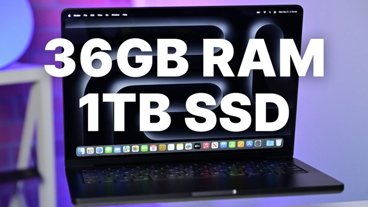

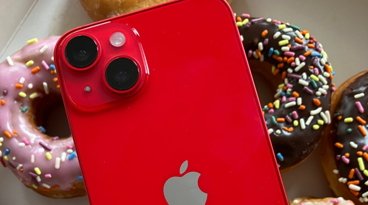


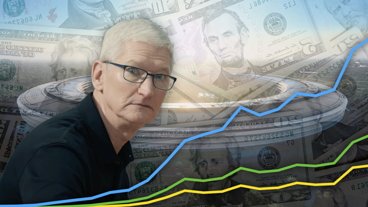
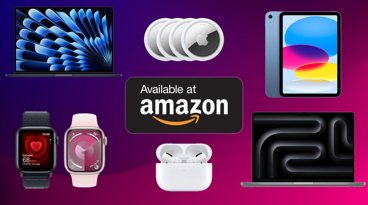





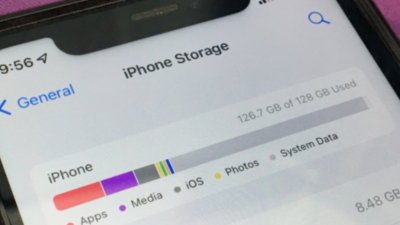
 Malcolm Owen
Malcolm Owen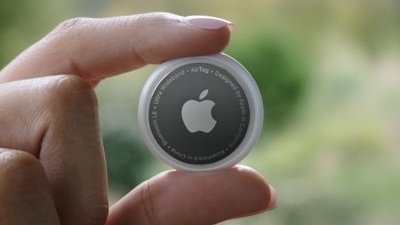
 Amber Neely
Amber Neely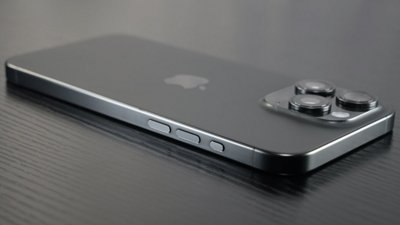
 Andrew Orr
Andrew Orr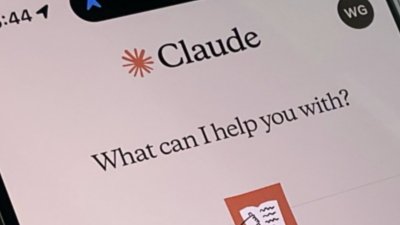
 William Gallagher
William Gallagher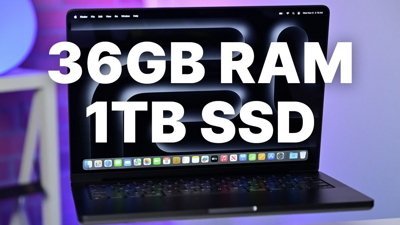
 Christine McKee
Christine McKee
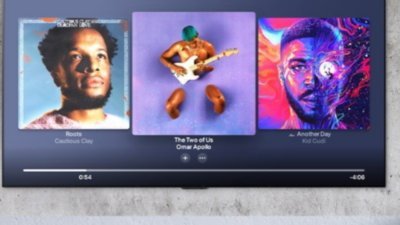
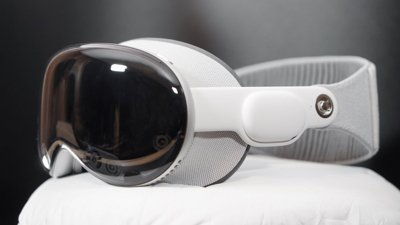
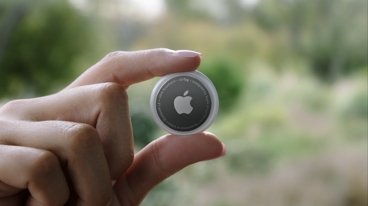
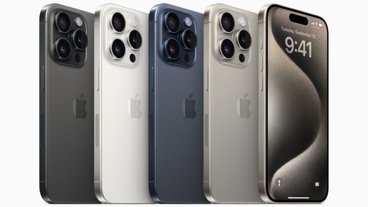







44 Comments
iPhone users use less data but they somehow make up 95% of all web traffic? I'm curious how this adds up.
iPhone users use less data but they somehow make up 95% of all web traffic? I'm curious how this adds up.
I'd imagine that it's because iPhone users probably tend to use Wi-Fi for a lot of their web browsing. I'd guess that over 90% of my data usage on my iPhone is via Wi-Fi, if not more.
It's interesting how Hesse's statements disagree with AT&T's. AT&T claims that iPhone users use a lot of data while Sprint says they do not. As for the rest, it shows a clear short term view by the shareholders. If Hesse is correct, then the investment in iPhones will pay off because iPhone customers are more profitable for the carrier. It is not surprising that the benefit is in the future - that's the nature of the mobile business in the U.S. The carrier provides a large subsidy on new phones so they are in the hole at the start and only recover that investment over time. Note how AT&T's profits dropped temporarily when the iPhone was first introduced. If the investors don't understand the nature of the business, maybe they should invest in a different stock.
Good luck with selling 30 million iPhones in 4 years, if during these blow-out quarters you only sold 5% of that...
Isn't it funny how struggling companies rush to pour money into Apple's bursting coffers?
Hang on Mr, CEO. I'm one person who will be going back Sprint as soon as my contract with ATT is over.